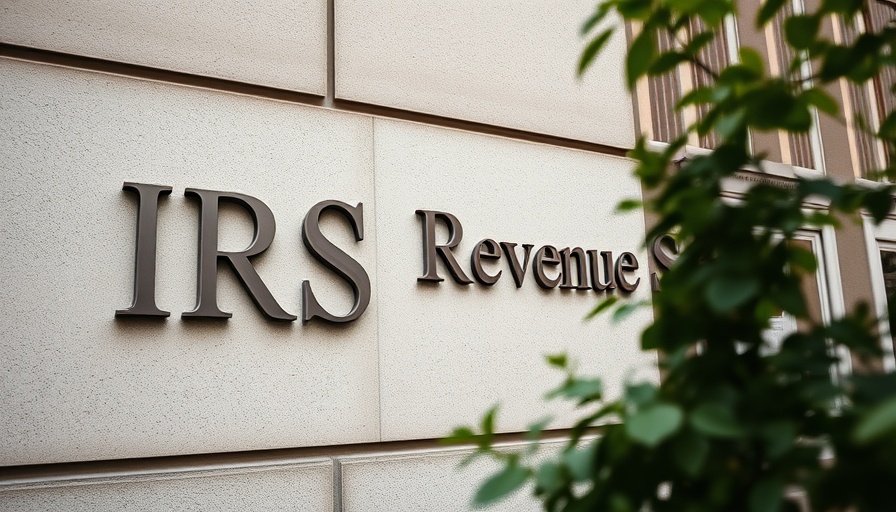
Shift in Church Political Endorsements
The Internal Revenue Service (IRS) has eased its enforcement of a decades-old rule that restricts churches from endorsing political candidates. This recent shift raises critical discussions among religious leaders, particularly in Southwest Florida.
Understanding the Johnson Amendment
Historically, the Johnson Amendment, introduced in 1954, has prohibited tax-exempt nonprofits from engaging in political campaigns. However, following a settlement from a lawsuit led by the National Religious Broadcasters, the IRS has released new guidelines. Under this update, endorsements made within church congregations may now be regarded as private ‘family discussions,’ sparking debates about the implications of political influence from the pulpit.
Different Perspectives From Religious Leaders
Reverend Greg Ball of Destiny Church in Naples champions the idea that pastors should actively guide their congregants to vote based on biblical principles. He argues that spiritual guidance is essential, asserting that avoiding political discussion could mislead constituents into making uninformed choices.
On the other hand, Rev. Sharon Harris Ewing from the Interfaith Alliance of Southwest Florida points out that despite any misconceptions, the Johnson Amendment has always allowed churches to discuss issues and educate members, only restricting explicit endorsements. Thus, she reframes the debate as a misinterpretation of existing rights and necessary guidelines.
The Broader Implications
This new interpretation of the IRS guidelines reflects broader societal shifts regarding the intersection of faith and politics. Some scholars view it as a significant loophole that could influence political campaigning from the pulpit. The Catholic Church, however, has reiterated its commitment to political neutrality, emphasizing its role in nurturing faith rather than endorsing candidates.
Final Thoughts on Political Guidance from the Pulpit
As discussions continue over the potential changes in church political endorsements, the reality emerges that this shift poses both opportunities and challenges. Understanding the fine line between sacred guidance and political campaigning will be vital for communities moving forward. Ultimately, fostering informed discussions within faith communities remains essential as the electorate prepares for upcoming elections.
 Add Row
Add Row  Add
Add 



Write A Comment